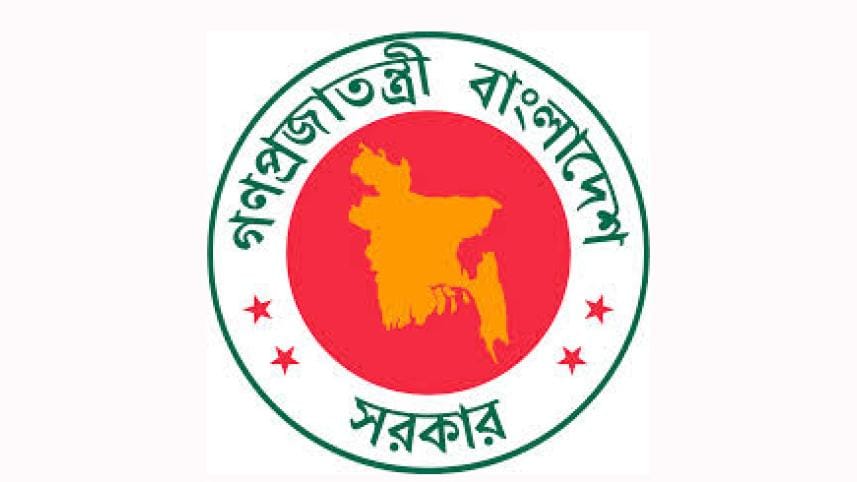Govt’s Aggressive Bank Borrowing: Private sector may face credit crunch

The government is going to exceed its annual limit for bank borrowing within the first half of this fiscal year due to poor revenue collection, and this could give a credit crunch for the private sector to deal with.
As of November 21, it borrowed 90 percent (Tk 42,607 crore) of its annual limit set in the budget. In contrast, Tk 26,446 crore was borrowed from the banking sector in the entire 2018-2019 fiscal, according to Bangladesh Bank data.
Now, the government plans to loan an additional Tk 4,555 crore in December as its account had around Tk 6,000 crore short in November 28.
“The ongoing trend of the government borrowing is unprecedented as the economy has never faced such a situation,” said Ahsan H Mansur, executive director of the Policy Research Institute.
The high borrowing is poised to aggravate the already tight liquidity conditions in banks and it will ultimately hit the private sector, Ahsan said.
And the trend will not change soon, he said, tipping the government borrowing from banks to hit Tk 100,000 crore by the end of 2019-20 fiscal year. The borrowing would be more than double the limit of Tk 47,364 crore set for the year.
As of November 21, the government owes banks Tk 150,702 crore, up 39 percent from June last fiscal year
The private sector has been dealing with inadequate credit in recent times and their woes would worsen due to this, said Ahsan, also chairman of Brac Bank and former official of the International Monetary Fund.
The private sector saw a 10.66 percent year-on-year credit growth in September, the slowest after September 2010.
He blamed the government’s imprudence in managing macroeconomy and not giving enough effort in revenue collection for this situation.
Between July and September this year, the National Board of Revenue collected about Tk 47,388 crore against a target of Tk 62,295 crore for the period.
“The revenue shortfall indicates that business is sluggish. The manufacturing sector is not running smoothly. As a result, Value Added Tax (VAT) collection declined significantly,” Ahsan said.
Lack of reforms in the NBR also aggravated the revenue collection situation, he said.
Import of industrial raw materials has been alarmingly decreasing in recent months, delivering a blow to export earnings, he said.
The sluggish revenue collection raises questions about the GDP growth figures of recent years, he said, adding that a strong growth usually helps the government with revenue collection and avoid heavy bank borrowing, Ahsan said.
As per the government data, Bangladesh pulled off an 8.13 percent GDP growth in fiscal 2018-19, one of the highest in the world.
A Bangladesh Bank official wishing not to be named said government borrowing from savings certificates and bonds decreased recently due to a 10 percent tax slapped on the profits. This is forcing the government to borrow more from banks as an alternative.
Salehuddin Ahmed, a former governor of the central bank, said, “The government is trying to arrest high interest rate on lending. But it will become difficult as the high government borrowing will worsen the ongoing liquidity crisis.”
The government bank borrowing would be an impediment to bringing down the high interest rates on lending, he said.
He said the state’s bank borrowing would increase further as the government is extremely focused on financing mega infrastructure projects.
An inflationary pressure is likely to impact common people, he said.
Syed Mahbubur Rahman, chairman of the Association of Bankers, Bangladesh, a forum of private banks’ managing directors, said banks were focusing on balancing their sheets, given the calendar year was about to end and they were not thinking about fresh lending.
“Majority of the lenders will try to give out a good amount of loans to the private sector from January. But the high government borrowing would create a roadblock,” said Mahbubur, also the managing director of Mutual Trust Bank.
“The ongoing trend indicates that government borrowing will go up more in the coming days. We need to be careful in the interest of the private sector and banks.”




 For all latest news, follow The Daily Star's Google News channel.
For all latest news, follow The Daily Star's Google News channel.
Comments